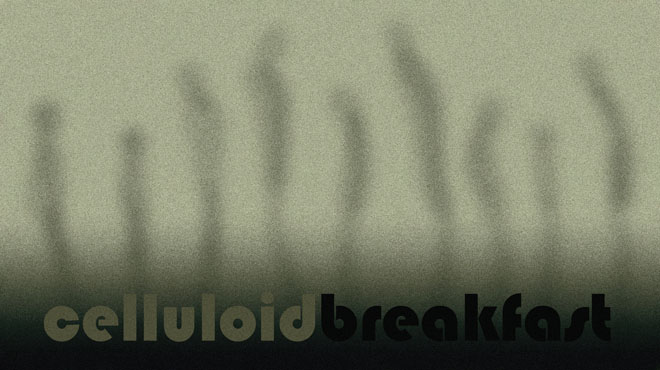Ingmar Bergman’s first film as director, Crisis follows 18-year-old gamine Nelly, fostered into a family living in small-town Sweden. One day, completely out of the blue, her decidedly-fashionable birth mother Jenny comes to the house, keen to shepherd the daughter she abandoned back into her life. A ball Nelly attends becomes the perfect opportunity for the two mother figures to outdo each other, and soon it is made clear that “Aunt” Jenny is the hip, lively figure Nelly has needed for all these years. Soon, Nelly is ushered into the inner ring of Stockholm’s high society and, after encountering some unsavoury characters, comes to understand just how easily she had been lured into a world of empty beauty.
Photographically, there are occasional flourishes of Bergmanesque splendour (the lighting in particular is brilliant), but the film itself is nothing to write home about. The characters are maddeningly dull, some straight from lesser Hitchcock films, and their interactions are devoid of passion or credibility. The story, taken from Leck Fischer’s radio play Moderhjertet, is awkwardly paced, and by the end little seems to have changed, save for haircuts. It might be unfair to be so flippant about the early work of a man who went on to be hailed as one of the greatest directors of all time, but given the calibre of some of his greater films, it comes as a surprise to learn that he was ever at the helm of such an unremarkable project, or indeed one so derivative.






No comments:
Post a Comment